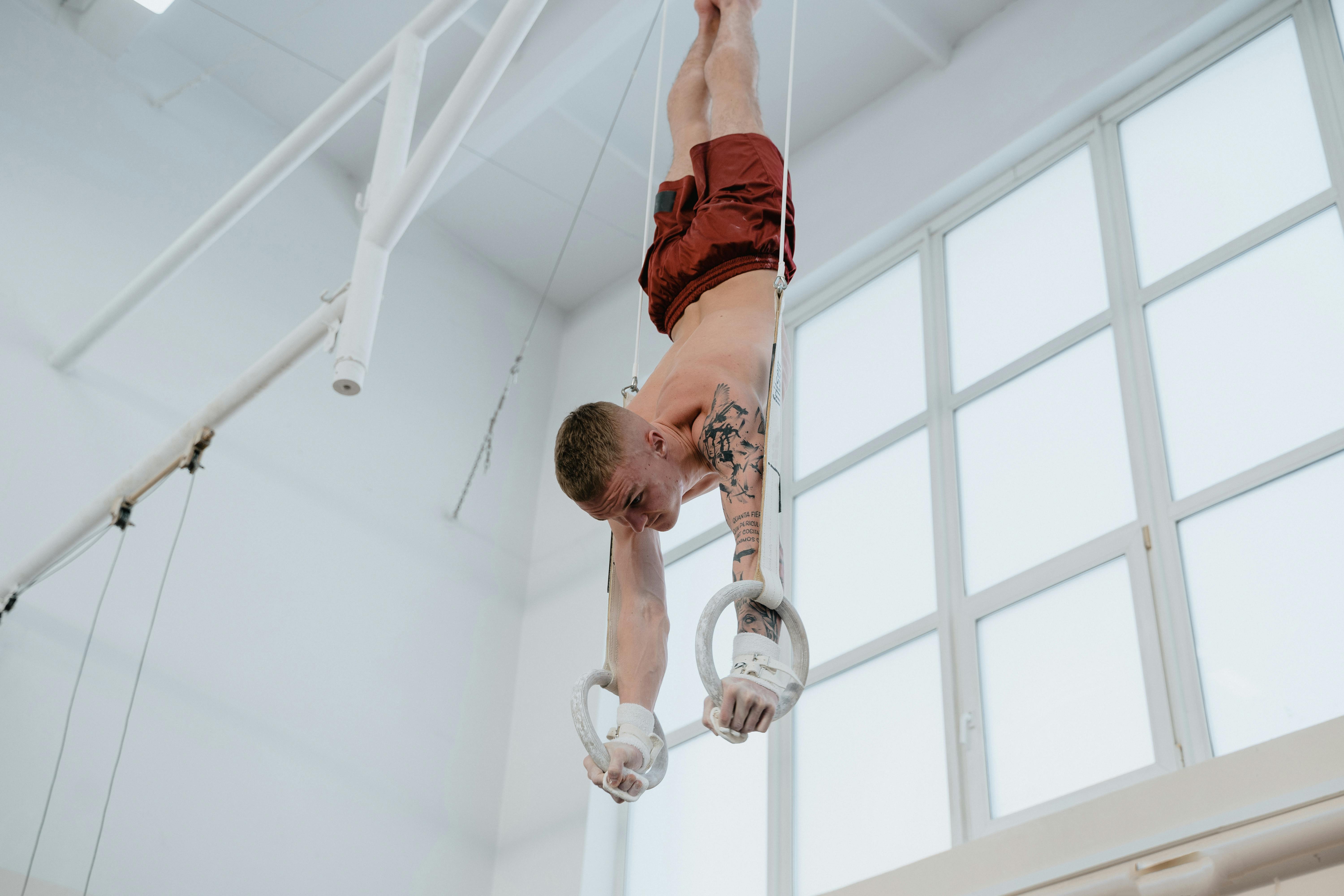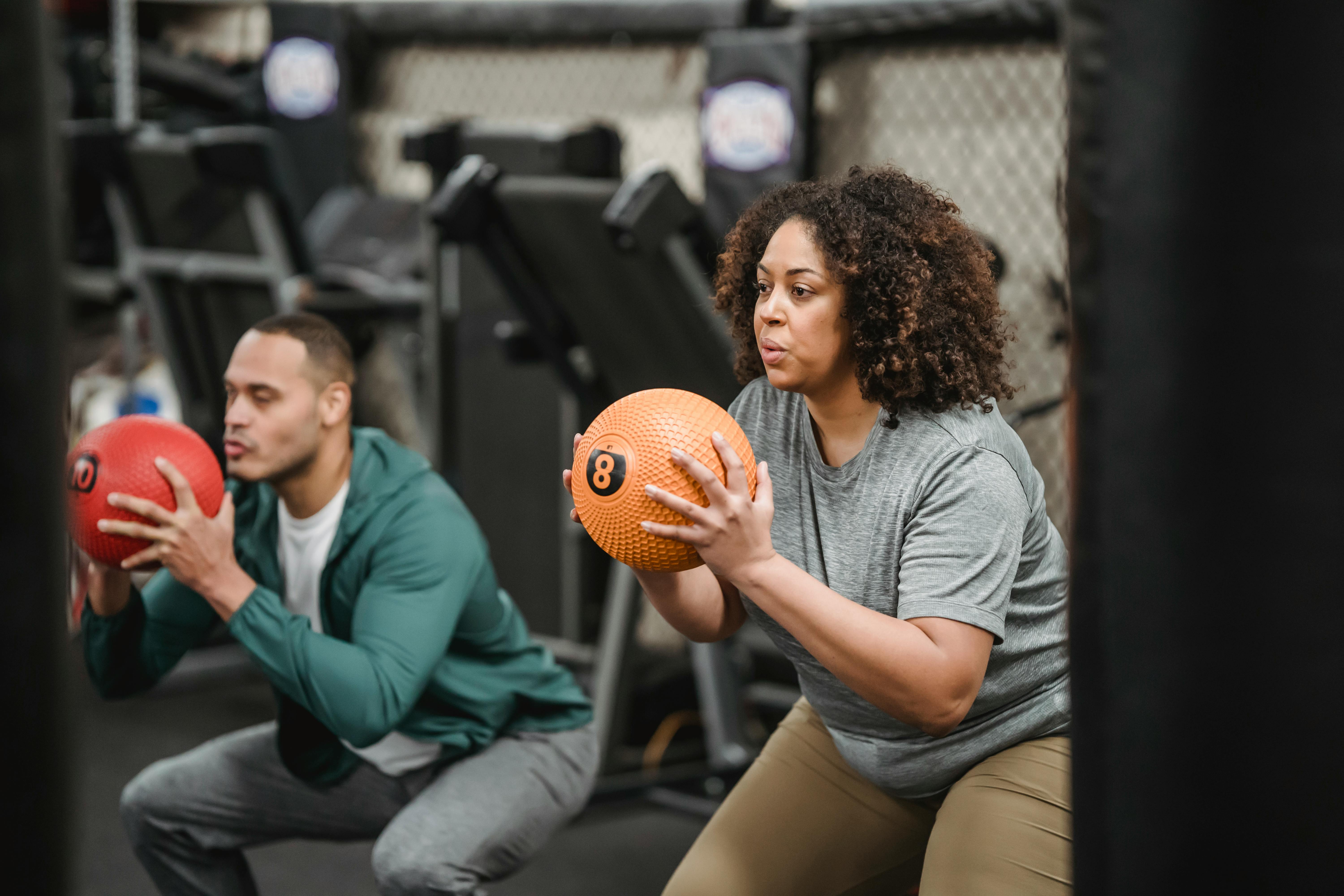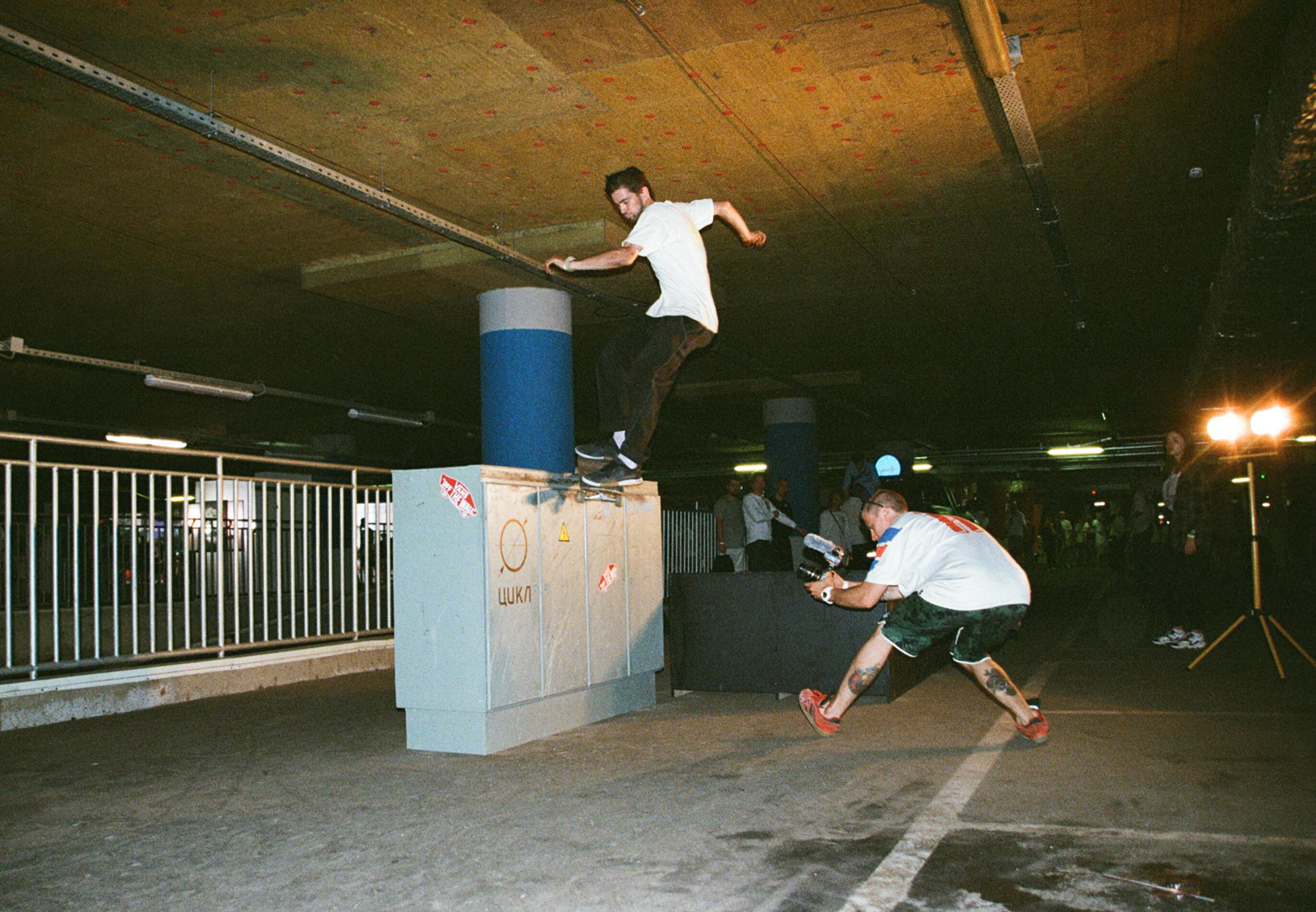in the hood
When most people hear the words ‘Rio de Janeiro’, images of Carnival come to mind, maybe Copacabana, Ipanema, soccer, the impressive statue of Jesus Christ, and maybe the favela!
Haven’t you heard of the favela? ‘Favela’ is the Brazilian word for ghetto, a neighborhood that is often called a ‘state within a state’, because they have their own rules. Drug lords often use favelas as a “human shield” to protect their contraband. Regular shootings are a fact of life and result in many children dying young due to stray bullets from gangs or (often corrupt) police.
Boys are easily recruited into gangs, where they earn a little money working for the most powerful person in the ‘neighborhood’. Many of them don’t make it to 21.
less than nothing
As bad as life in a favela is, it could be worse. Thousands of people live on the street; children sleep by the roads; young women have babies in parks and due to lack of knowledge and income, both young and old, boys and girls, often live off prostitution.
Many people outside the favela see the person from the favela as less than nothing. Tourists in Rio do not dare to approach a favela, thinking that they will surely be robbed or even killed when walking through one.
Social isolation
It was to help alleviate these conditions that the NGO IBISS (Instituto Brasileiro de Inovações em Saúde Social/Institute for Innovation in Social Health) was founded 20 years ago by Nanko van Buuren and his wife Anna. IBISS started with eight people and now has nearly 800 people working in 49 of Rio’s worst favelas.
Nanko says that one of the biggest challenges for most NGOs or charities is getting funding. For IBISS, however, the toughest battle is social seclusion.
Going to a favela with Nanko, I was able to see a couple of IBISS projects and understood the reality and dimensions of social isolation. It was also like being with royalty: everyone greeted him, people hugged him, and everyone wanted to talk to him.
If wealth = value x leverage, then social seclusion is the opposite. It’s where people don’t see or don’t want to see the value in a person, or they see a negative value and want to stay as far away as possible.
find the value
Nanko shared a story about a company that wanted to build a factory next to the favela, and because they did that, they wanted to give something back to the favela. They offered to give the favela a soccer field. Nanko replied, “Why don’t you give jobs to 50 people from the favela?” They were not very happy with this suggestion, but eventually agreed to employ 15 people. A week later, they asked if Nanko could give them more workers. They found that the people in the favela worked much harder and better than the rest of the staff.
When Nanko was negotiating with a transportation company to give the gang members work, the head of the company was terrified to give them work because he was afraid they would recruit his friends and rob the whole place. However, Nanko convinced him to hire them, and within a week, the number of trucks stolen during transport dropped by 25 percent. The reason? New hires could tell drivers which roads to take where they would be less likely to be mugged.
Once the value was seen, it was immediately leveraged and had a positive outcome.
Other companies that have employed people from the favela or ex-drug members have also seen the value of their employees, who often have more discipline and a hard work ethic.
paint for pride
The favela painting project, developed by two Dutchmen, had a very positive effect on the people. His idea is to make a great painting/art of the favela. Having started with painting two houses, it has already had a good effect in making people much more proud of their neighborhood. They have started to take better care of the area around the houses.
Even the drug dealer was proud of the houses and ordered that the houses be kept safe and clean. People felt better about themselves because someone from another country cared enough and cared enough to do something for them.
The long-term results of this project will be that the people and children of the favela will be trained and encouraged to paint. Some will get painting jobs within the project and will be taught to paint: a profession they can use for the rest of their lives. The favela will look different once the project is complete, and people are expected to take better care of their neighborhood. They will feel better about themselves and where they live.
It is anticipated that once the favela begins to look like a work of art, it will attract people who will want to look at it, which should generate tourist traffic and therefore new economic possibilities. What a change that will be from the current situation!
Education financing
IBISS finances the university education of some students; however, graduates still have trouble getting jobs because of their home address on the application form. Businesses assume they won’t be good simply because of where they live.
IBISS challenges people to improve their situation in many ways. It encourages them to defend their rights and generate income in a legal, positive and sustainable way. IBISS is not afraid to engage young people who are already in a state of serious derailment. Drug lords and other informal leaders are encouraged to get young people to play soccer instead of joining a gang. They try to convince them that there is much to be gained by persuading people in the favelas to take advantage of the medical posts and to ask for legal assistance that IBISS has worked hard to establish in the favelas.
Through IBISS study grants and train-the-trainer projects, many people have the chance to improve their situation.
Sustainable Support
Almost all projects that IBISS initiates are pilot projects. When an innovative project is successful, IBISS tries to get the government to take over. Many of the successful projects that have been started are now run with government money. Some projects are totally self-sufficient.
Through IBISS street work, teenage mothers and prostitutes have different possibilities to improve their lives. There are many types of projects that IBISS implements. One type focuses on sports, recreation, entertainment, and education for youth in poor neighborhoods. Another approach is to improve the infrastructure. Water, electricity, road and bridge systems are being installed in the favelas. As if that were not enough, IBISS also helps orphans, the elderly and the disabled. Through easily accessible medical posts, IBISS strives to eliminate diseases such as leprosy, tuberculosis and AIDS.
IBISS not only helps raise awareness for the less fortunate, but acts as their advocate on the forums to look out for their interests. Everything IBISS does is sustainable support because it is always done to increase the ability of the less fortunate to care for themselves.


